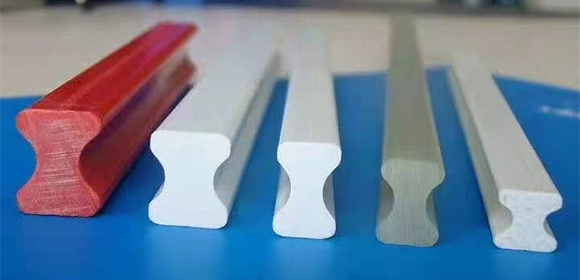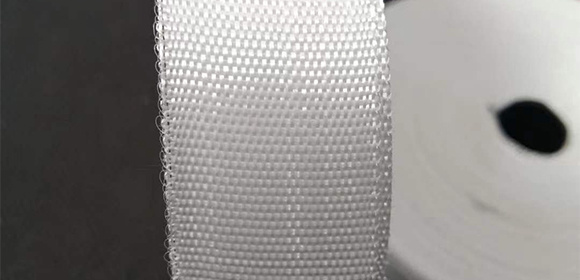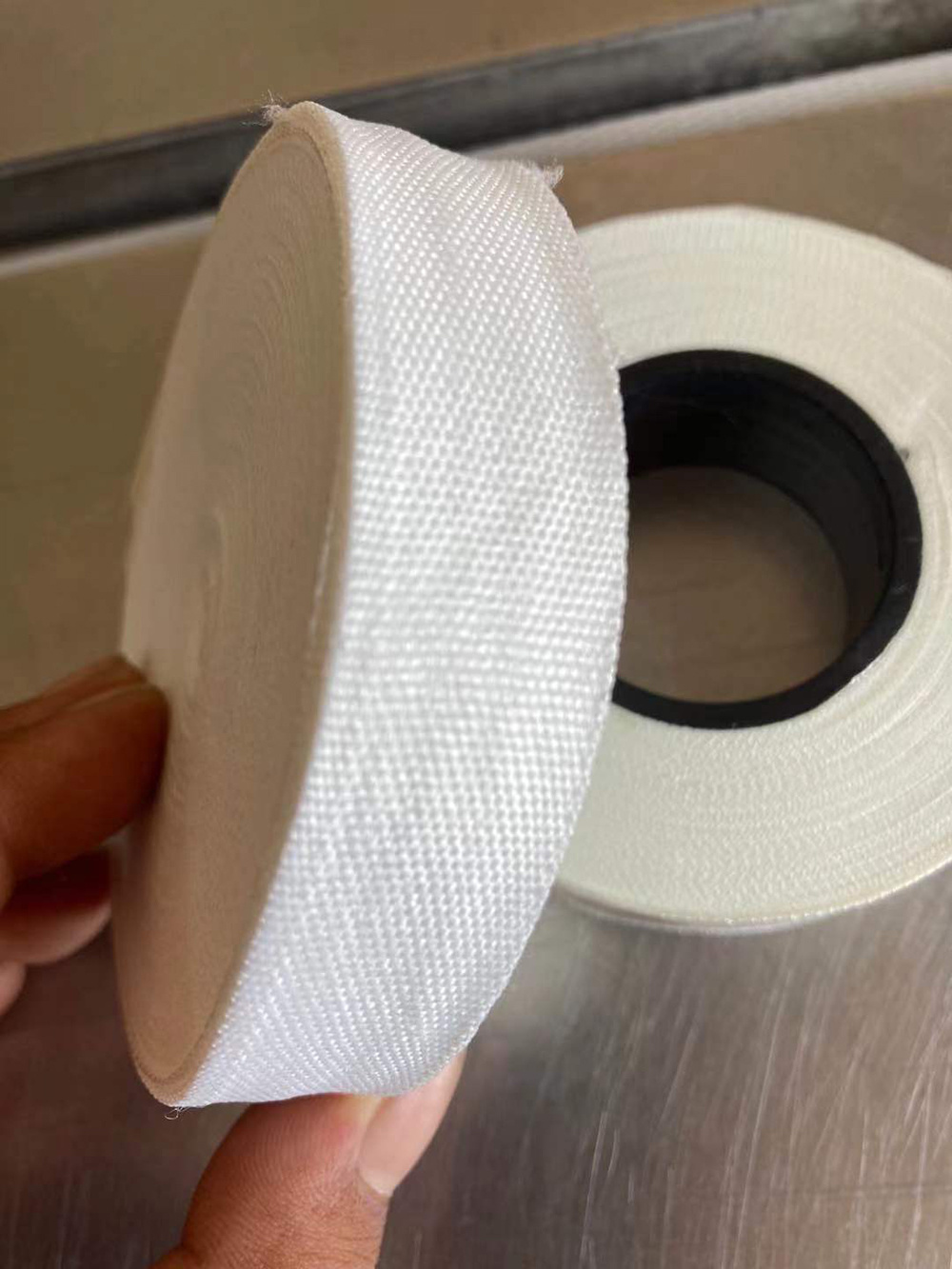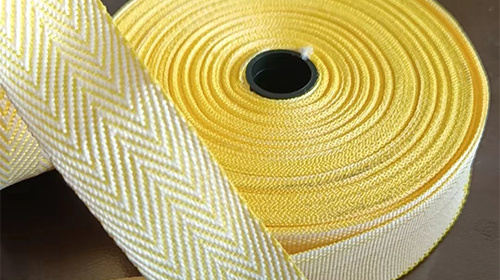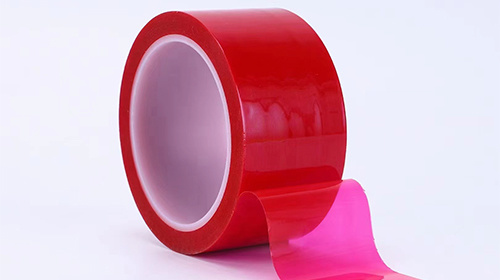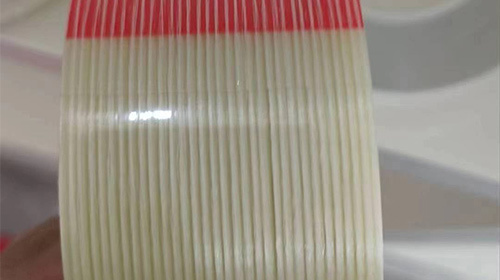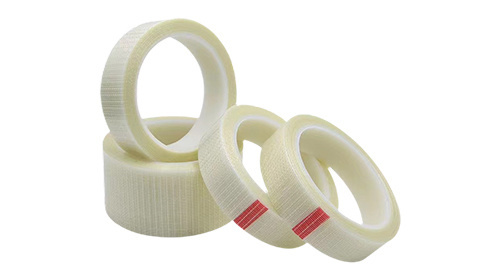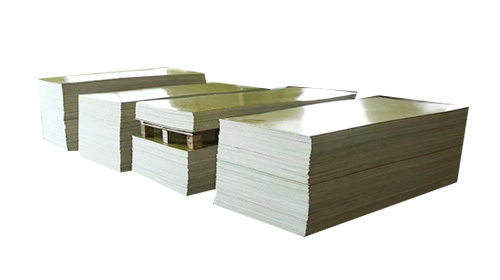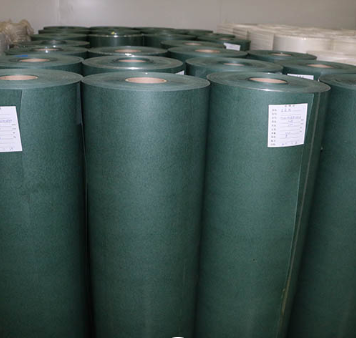The Versatility of 6520 Fish Paper Composite Material in Various Industries
The Versatility of 6520 Fish Paper Composite Material in Various Industries
In today's fast-paced and ever-evolving industrial landscape, materials that offer durability, versatility, and reliability are in high demand. One such material that has gained traction is the 6520 Fish Paper Composite Material. Its unique properties and adaptability make it a popular choice across various sectors, including electrical, automotive, and aerospace industries. In this article, we will explore the many applications and benefits of 6520 Fish Paper Composite Material, providing insights into why it stands out as an indispensable resource for manufacturers and engineers alike.
Table of Contents
- Understanding 6520 Fish Paper Composite Material
- Key Properties of 6520 Fish Paper Composite
- Applications in the Electrical Industry
- Automotive Industry Uses
- Aerospace Industry Advantages
- Marine Industry Implementations
- Benefits of Using 6520 Fish Paper Composite Material
- The Future of 6520 Fish Paper in Various Industries
- FAQs About 6520 Fish Paper Composite Material
Understanding 6520 Fish Paper Composite Material
6520 Fish Paper Composite Material is a unique insulating material composed of a blend of cellulose fibers and resin, designed to offer superior electrical insulation properties. It is commonly referred to as "fish paper" due to its texture and lightweight characteristics, resembling that of fish skin. This composite material is predominantly used for its insulation capabilities in electrical applications, but its uses extend far beyond that, making it a multipurpose resource in various industries.
Key Properties of 6520 Fish Paper Composite
The effectiveness of 6520 Fish Paper Composite Material can be attributed to several key properties:
Electrical Insulation
One of the most crucial attributes of 6520 Fish Paper is its excellent electrical insulation capabilities. This material effectively prevents electrical conductivity, making it ideal for applications where insulation is paramount, such as transformers and capacitors.
Thermal Stability
Another vital feature of this composite material is its thermal stability. It can withstand high temperatures without degrading, ensuring reliability in demanding environments.
Moisture Resistance
Moisture can adversely affect many insulating materials, but 6520 Fish Paper is resistant to moisture absorption, making it suitable for humid environments.
Lightweight and Flexible
The lightweight and flexible nature of 6520 Fish Paper allows for easy handling and installation, making it a favorite among manufacturers looking to reduce weight in their products without compromising performance.
Applications in the Electrical Industry
The electrical industry is perhaps where 6520 Fish Paper Composite Material shines the brightest. Its attributes make it the go-to choice for numerous applications:
Transformers
In transformers, 6520 Fish Paper serves as an effective insulation barrier, protecting the electrical components from short circuits and overheating.
Capacitors
This composite material is also commonly used in capacitors, where its insulation properties help maintain efficiency and performance over time.
Winding Insulation
In electric motors and generators, 6520 Fish Paper is utilized as winding insulation, ensuring that windings remain insulated from each other and protected from environmental factors.
Automotive Industry Uses
The automotive industry has also recognized the benefits of 6520 Fish Paper Composite Material. Its lightweight and insulating properties contribute to the development of more efficient vehicles:
Electrical Insulation in Vehicles
As electric vehicles become increasingly popular, 6520 Fish Paper is being adopted for electrical insulation in batteries and circuits, providing safety and efficiency.
Sound Dampening
This composite material can also be used for sound dampening within vehicles, helping to create a quieter cabin environment.
Aerospace Industry Advantages
The aerospace industry requires materials that can withstand extreme conditions, and 6520 Fish Paper delivers:
Insulation for Aircraft Components
In aircraft, 6520 Fish Paper is applied as insulation for various components, ensuring reliability and safety during flight.
Weight Reduction
Given the critical importance of weight reduction in aviation, 6520 Fish Paper aids in developing lighter aircraft without sacrificing performance.
Marine Industry Implementations
The marine industry also benefits from the properties of 6520 Fish Paper:
Electrical Insulation in Boats
In boats and ships, the material is used to insulate electrical systems, protecting against corrosion and electrical failure.
Durability in Harsh Environments
Its resistance to moisture makes it ideal for marine applications, where exposure to water and salt can damage inferior materials.
Benefits of Using 6520 Fish Paper Composite Material
Incorporating 6520 Fish Paper Composite Material into products offers numerous advantages:
Enhanced Safety
With its superior electrical insulation properties, using 6520 Fish Paper reduces the risk of electrical failures and enhances overall safety in applications.
Cost-Effectiveness
The durability and long lifespan of 6520 Fish Paper lead to lower maintenance costs and reduced need for replacements, making it a cost-effective choice for manufacturers.
Versatile Applications
This composite material's adaptability allows for a wide range of applications, making it a valuable asset in various industries.
The Future of 6520 Fish Paper in Various Industries
As industries continue to innovate, the future of 6520 Fish Paper Composite Material looks promising. With growing demands for lightweight, durable, and environmentally friendly materials, its versatility positions it for continued success. Future advancements may further enhance its properties, opening doors for new applications and industries. As manufacturers seek to improve product performance and sustainability, 6520 Fish Paper will undoubtedly remain a key player in the materials market.
FAQs About 6520 Fish Paper Composite Material
1. What is 6520 Fish Paper made of?
6520 Fish Paper is composed of cellulose fibers and resin, creating a composite material known for its electrical insulation properties.
2. What industries commonly use 6520 Fish Paper?
Common industries include electrical, automotive, aerospace, and marine, where it serves as insulation and contributes to various applications.
3. How does 6520 Fish Paper compare to other insulating materials?
6520 Fish Paper stands out due to its unique combination of lightweight, flexibility, moisture resistance, and excellent electrical insulation capabilities.
4. Can 6520 Fish Paper withstand high temperatures?
Yes, one of its key properties is thermal stability, allowing it to perform effectively in high-temperature environments.
5. Is 6520 Fish Paper environmentally friendly?
6520 Fish Paper is made from natural cellulose fibers, making it a more sustainable option compared to synthetic insulating materials.
Conclusion
In conclusion, 6520 Fish Paper Composite Material is an incredibly versatile resource with numerous applications across various industries. Its unique properties, including excellent electrical insulation, thermal stability, and moisture resistance, make it an indispensable material for manufacturers seeking to enhance product quality and performance. As we look to the future, the ongoing innovations and adaptations of 6520 Fish Paper promise to keep it at the forefront of material solutions, meeting the ever-evolving demands of modern industries. By recognizing and harnessing the potential of this composite material, businesses can ensure their offerings remain competitive and reliable.






